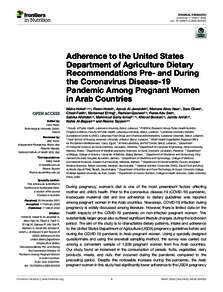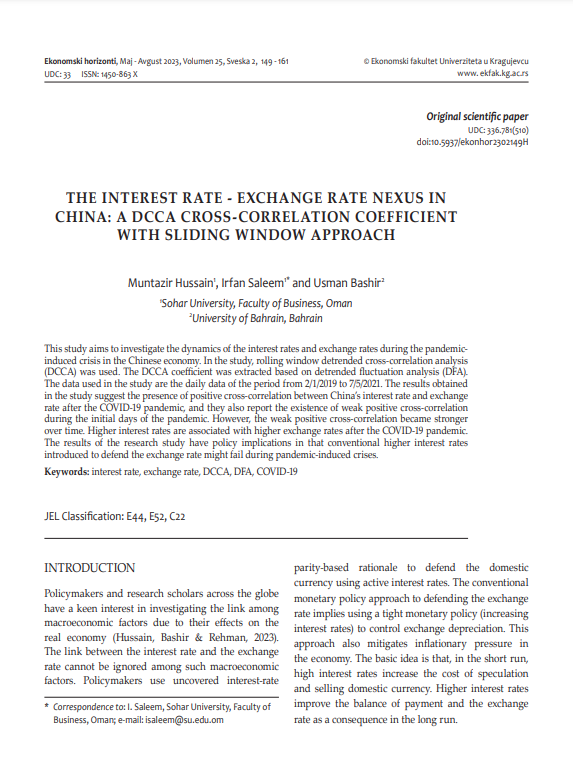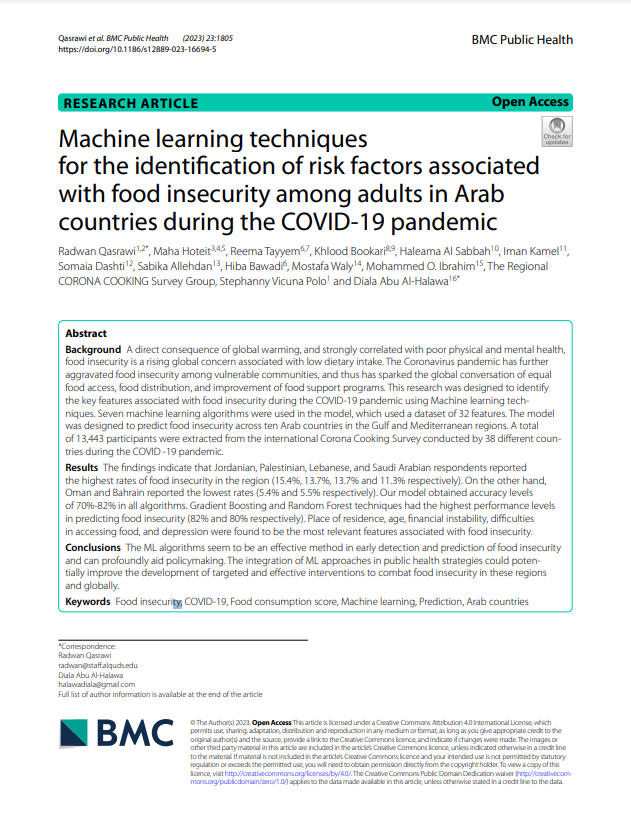وثيقة
Call for emergency action to restore dietary diversity and protect global food systems in times of COVID-19 and beyond : Results from a cross-sectional study in 38 countries
وكيل مرتبط
Hoteit, R, مؤلف مشارك
Aljawaldeh, A, مؤلف مشارك
Van Royen, K, مؤلف مشارك
Pabian, S, مؤلف مشارك
Decorte, P, مؤلف مشارك
Cuykx, I, مؤلف مشارك
Teunissen, L , مؤلف مشارك
De Backer, C, مؤلف مشارك
عنوان الدورية
Heliyon
دولة النشر
Kingdom of Bahrain
مكان النشر
Sakhir, Bahrain
الناشر
University of Bahrain
تاريخ النشر
2023
اللغة
English
الموضوع
الملخص الإنجليزي
ABSTRACT:
Background: The COVID-19 pandemic has revealed the fragility of the global food system, sending
shockwaves across countries’ societies and economy. This has presented formidable challenges to
sustaining a healthy and resilient lifestyle. The objective of this study is to examine the food
consumption patterns and assess diet diversity indicators, primarily focusing on the food consumption score (FCS), among households in 38 countries both before and during the first wave of the COVID-19 pandemic. Methods: A cross-sectional study with 37 207 participants (mean age: 36.70 ± 14.79, with 77 %
women) was conducted in 38 countries through an online survey administered between April and
June 2020. The study utilized a pre-tested food frequency questionnaire to explore food consumption patterns both before and during the COVID-19 periods. Additionally, the study computed Food Consumption Score (FCS) as a proxy indicator for assessing the dietary diversity of households.
Findings: This quantification of global, regional and national dietary diversity across 38 countries
showed an increment in the consumption of all food groups but a drop in the intake of vegetables
and in the dietary diversity. The household’s food consumption scores indicating dietary diversity
varied across regions. It decreased in the Middle East and North Africa (MENA) countries,
including Lebanon (p < 0.001) and increased in the Gulf Cooperation Council countries including
Bahrain (p = 0.003), Egypt (p < 0.001) and United Arab Emirates (p = 0.013). A decline in the
household’s dietary diversity was observed in Australia (p < 0.001), in South Africa including
Uganda (p < 0.001), in Europe including Belgium (p < 0.001), Denmark (p = 0.002), Finland (p
< 0.001) and Netherland (p = 0.027) and in South America including Ecuador (p < 0.001), Brazil
(p < 0.001), Mexico (p < 0.0001) and Peru (p < 0.001). Middle and older ages [OR = 1.2; 95 %
CI = [1.125–1.426] [OR = 2.5; 95 % CI = [1.951–3.064], being a woman [OR = 1.2; 95 % CI =
المجموعة
المعرف
https://digitalrepository.uob.edu.bh/id/0a8d9286-6954-48f7-9df4-73997f05f12b
مواد أخرى لنفس الموضوع



